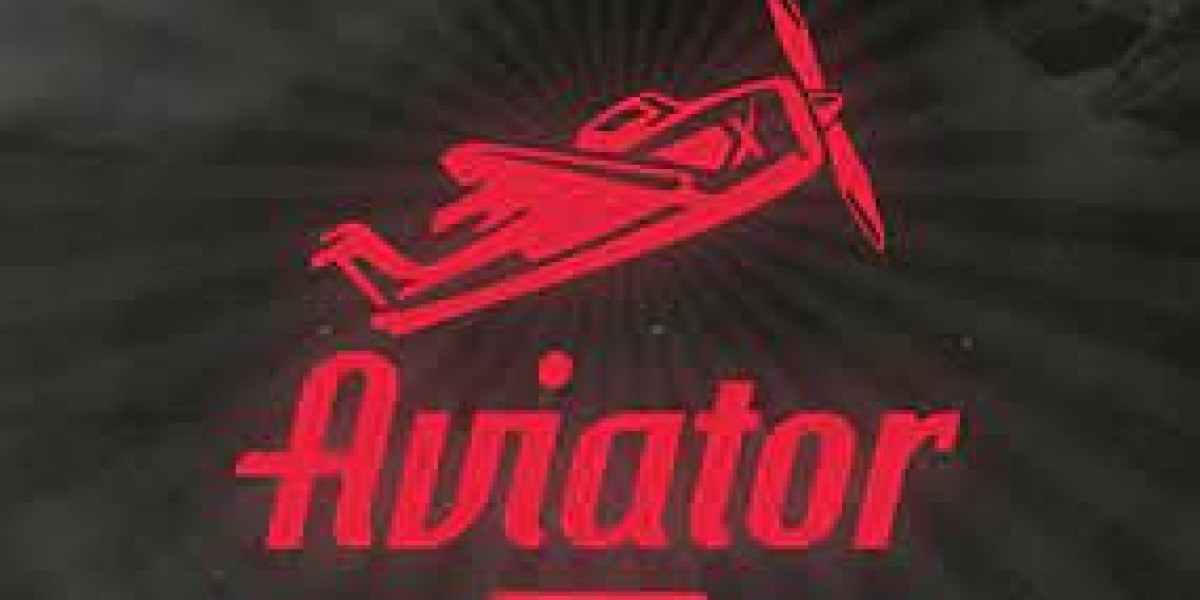Regulatory compliance is a fundamental pillar for any law firm operating in the UK. The Solicitors Regulation Authority (SRA) enforces a strict set of rules that demand transparency, confidentiality, and a duty of care to clients. While these expectations are nothing new, what has evolved is how technology now sits at the centre of ensuring firms meet those obligations.
Gone are the days when compliance was solely about locked filing cabinets and client signatures. Today, it’s about securing digital information, ensuring system resilience, and keeping up with data protection laws. This is where reliable and proactive IT support becomes indispensable, particularly for legal firms managing vast amounts of sensitive information. In places such as Aylesbury, where legal practices operate in both traditional and digital formats, tailored IT support is no longer a luxury—it’s a necessity.
Understanding the SRA Code of Conduct
The SRA Code of Conduct outlines a framework that all legal professionals must follow to maintain ethical standards and uphold client trust. It demands firms have robust systems in place for managing data, minimising risk, and reporting incidents. This isn’t limited to operational behaviour—it directly influences a firm’s technology environment.
For instance, firms must implement controls that safeguard client confidentiality. This encompasses how digital files are stored, shared, and accessed. A breach of such data, even if accidental, could lead to serious penalties. Furthermore, the SRA requires evidence of ongoing efforts to assess and mitigate risks, which often translates into maintaining comprehensive IT records and audit trails. IT support for legal firms ensures such requirements are continuously monitored and enforced.

Why IT Compliance Isn’t Optional for Legal Firms
Technology has become integral to the delivery of legal services. Whether handling property transactions, litigation cases, or private consultations, most interactions and documentation today occur through digital channels. As a result, the IT environment is not just a back-office function; it is a central pillar in fulfilling legal and ethical responsibilities.
Regulatory bodies expect law firms to have demonstrable processes for managing data breaches, retaining documents, and protecting client communications. A failure in IT systems can cascade into non-compliance with SRA standards, potentially resulting in fines, suspensions, or reputational damage.
With compliance regulations continually evolving, the role of IT support in Aylesbury and other regions has expanded to include preventative monitoring, reporting assistance, and security assurance. Legal firms must ensure their systems can withstand external attacks and internal failures alike. Without this, remaining compliant becomes impossible.
Core Areas Where IT Support Safeguards SRA Compliance
1. Data Protection and Cybersecurity
Client confidentiality is at the heart of SRA guidance. IT support for legal firms ensures data is encrypted, both at rest and in transit. Firewall protections and anti-virus software are standard, but ongoing monitoring and patching ensure defences stay up to date against emerging threats.
Cybersecurity support includes secure cloud solutions that allow access to files while keeping them protected from unauthorised individuals. Regular system audits identify weak spots before they can be exploited.
2. Access Controls and User Management
SRA guidelines expect clear access policies that restrict sensitive files to those who need them. A structured IT support approach includes role-based permissions, ensuring only authorised personnel access case-related data.
Password policies, multi-factor authentication, and account activity tracking form the backbone of this access management. This allows firms to confidently report who accessed what data, when, and for what reason.
3. Email Security and Communication Policies
Many data breaches begin with a compromised email. IT support in Aylesbury routinely deploys advanced email filters, domain spoofing protection, and secure portals for file sharing.
Legal professionals must ensure they are not leaking data unintentionally. Encrypted communication platforms and usage guidelines supported by the IT team can prevent embarrassing and damaging errors.
4. Disaster Recovery Planning
The SRA mandates that law firms have continuity measures in place. IT support services provide robust disaster recovery protocols, which include automated backups, server replication, and contingency plans for system downtime.
This ensures that, even in the event of hardware failure, ransomware attack, or human error, client data can be recovered swiftly, and operations can resume without regulatory interruption.
How Managed IT Services Assist Legal Firms Daily
A managed IT provider does far more than respond to broken systems—they actively support day-to-day compliance. With real-time monitoring tools, these services detect potential breaches or system vulnerabilities before they become major issues.
Routine updates ensure software is always up to date with the latest security patches. Furthermore, compliance documentation is generated in real time, supporting audits or investigations as required by regulators.
A tailored checklist can also be provided to assist law firms in checking their compliance status, covering aspects such as encryption, data access logs, patch management, and disaster recovery points. When legal staff focus on casework, the background support offered by managed IT services keeps the foundation compliant.
Choosing the Right IT Support in Aylesbury for Legal Compliance
Localised IT support brings the advantage of personalised service, quicker response times, and a deeper understanding of regional business practices. Firms in Aylesbury, for example, benefit from IT providers who are familiar with UK data protection law and SRA expectations.
Choosing the right partner is crucial. A suitable IT service will conduct initial risk assessments, recommend suitable technology stacks, and tailor support plans to the size and complexity of the practice. It’s important to verify whether the provider has experience supporting law firms specifically.
Flexibility is another key factor. As legal firms adopt hybrid working or expand their services, the chosen IT partner must be capable of scaling their support without compromising security or compliance obligations.
Role of IT Support in GDPR Alignment
Although the SRA Code is specific to legal conduct, there is a significant crossover with GDPR. For example, legal firms must fulfil Subject Access Requests within strict deadlines. IT systems need to be structured to retrieve all relevant client data accurately and promptly.
Consent management is also a shared priority. IT support for legal firms includes setting up systems that track when and how consent is given or withdrawn. From secure storage to deletion upon expiry of legal retention, IT plays an active part in GDPR fulfilment.
Moreover, GDPR requires organisations to report breaches quickly. Managed IT providers assist in detecting, documenting, and reporting incidents within the required 72-hour window, thereby helping law firms avoid additional scrutiny or fines.

Future-Proofing Legal Compliance Through Technology
Compliance is not a one-time task; it’s a dynamic requirement that changes with both technology and regulation. Forward-thinking firms are adopting compliance automation tools that monitor document access, trigger alerts for unusual behaviour, and generate reports for regulators.
Artificial intelligence is beginning to play a role in pattern detection and file auditing. Similarly, cloud infrastructure with tiered access control and virtual private networks supports secure remote work without breaching SRA protocols.
Legal firms that invest in scalable IT architecture are better positioned to meet future challenges. Whether regulations become stricter or clients demand greater transparency, their systems will already be equipped to respond.
Conclusion
Staying compliant with SRA rules is non-negotiable for legal firms aiming to build lasting client relationships and avoid costly penalties. In today’s digital-first environment, technology is not merely supportive—it is central to the legal compliance framework.
From protecting sensitive information to documenting risk management efforts, the role of IT support in the legal sector is both strategic and essential. Whether your firm is based in Aylesbury or operates nationwide, aligning with a trusted IT partner is critical for regulatory success.
For reliable, regulation-aligned IT support for legal firms, consider partnering with Renaissance Computer Services Limited—your compliance-driven technology ally.








